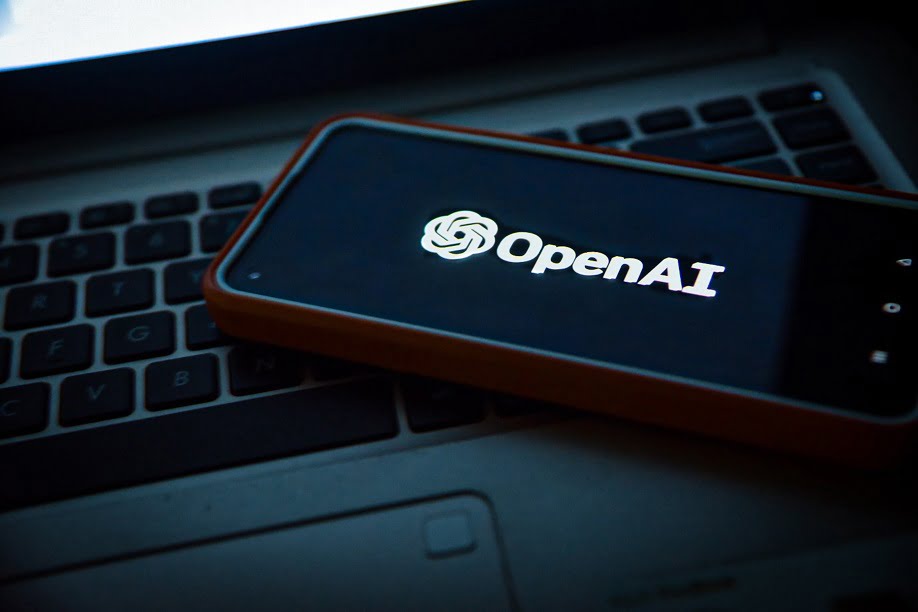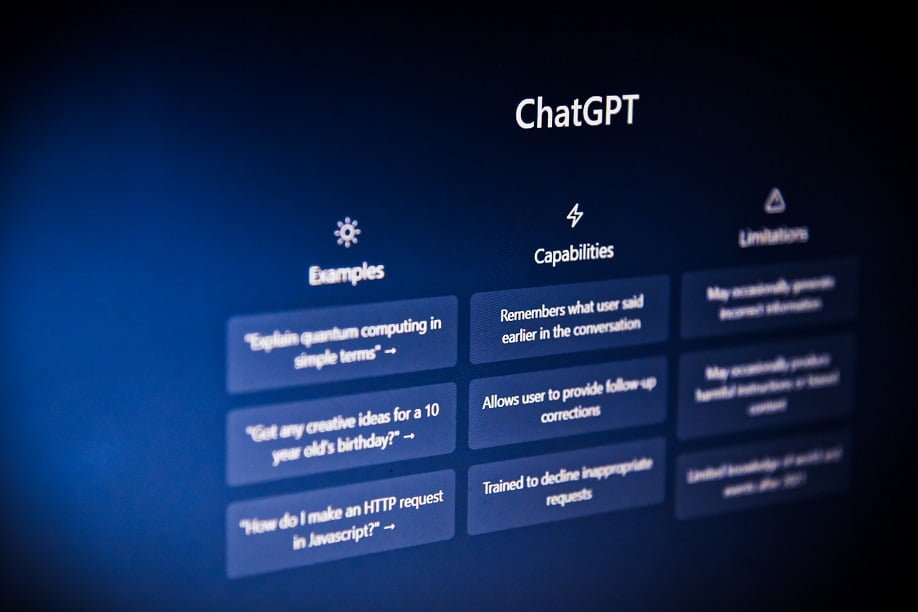
Secure Your Data with ChatGPT New Privacy Feature
In a recent press release, OpenAI announced a new privacy feature that allows users to turn off their chat history and disable the bot’s ability to use their data to train and improve other AI models. The move is a step towards giving users more control over their data and improving privacy on the platform.
The New Privacy Feature: What You Need to Know
If you’re concerned about your chat history being stored, you can easily make the change by logging into your ChatGPT account and clicking on the three dots next to your email. This can be found on the bottom-left corner of the screen. From there, click on Settings and head over to the Chat History and Training settings. You can then toggle the switch labeled ‘enable chat history’ to off.
According to OpenAI, when chat history is disabled, new conversations will only be retained for 30 days and will be reviewed only when needed to monitor for abuse before being permanently deleted. This means that users have more control over their data and can rest assured that their conversations won’t be stored indefinitely.

The Reason Behind the New Feature
It’s easy to assume that the new privacy feature was introduced in response to ChatGPT’s recent ban in Italy for possible privacy violations. However, the company denies this, stating that the decision was part of a months-long effort to give users more control of their data.
The ban in Italy was a wake-up call for ChatGPT and OpenAI. It prompted the company to reevaluate its privacy policies and improve the user experience by introducing the new privacy feature. The ban also highlighted the need for chatbots to prioritize user privacy and data protection.
ChatGPT and User Data
ChatGPT is a powerful tool that has been used by people for a variety of reasons, from improving their writing to seeking advice and having casual conversations. However, until recently, users had little control over their data and what the bot (and OpenAI) did with it.
The new privacy feature represents a significant milestone in improving user control over data and privacy. It allows users to use ChatGPT freely for creative projects without fear of their work being assimilated into the AI’s learning processes and used by other people to churn out easy results.
The Future of Chatbots and Privacy
The new privacy feature is a step in the right direction for chatbots and user privacy. However, it also presents potential issues down the line. ChatGPT and other deep-learning programs require human input in order to generate their own work. As such, the new privacy feature could limit the amount of data available for the bot to learn from, potentially hindering its ability to improve.
It’s important for chatbot developers to strike a balance between user privacy and data collection. In the future, we may see more chatbots introducing privacy features similar to ChatGPT’s new privacy feature.
Conclusion
The new privacy feature introduced by ChatGPT is a significant step towards improving user control over data and privacy. It allows users to use the bot freely without fear of their work being assimilated into the AI’s learning processes. While it does present potential issues down the line, the feature represents a much-needed move towards better user privacy on the platform.



